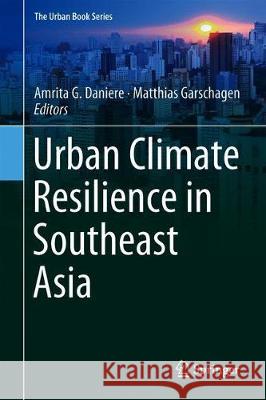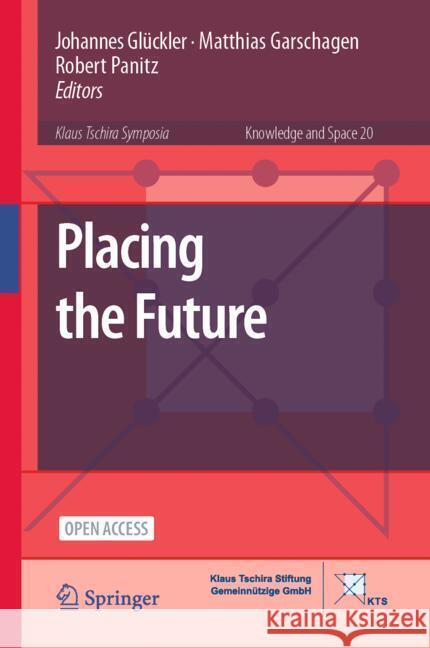topmenu
Wyniki wyszukiwania:
wyszukanych pozycji: 2
 |
Urban Climate Resilience in Southeast Asia
ISBN: 9783319989679 / Angielski / Twarda / 2019 / 228 str. Termin realizacji zamówienia: ok. 16-18 dni roboczych. |
cena:
682,72 |
 |
Placing the Future
ISBN: 9783031768408 / Angielski Termin realizacji zamówienia: ok. 16-18 dni roboczych. |
cena:
642,56 |










